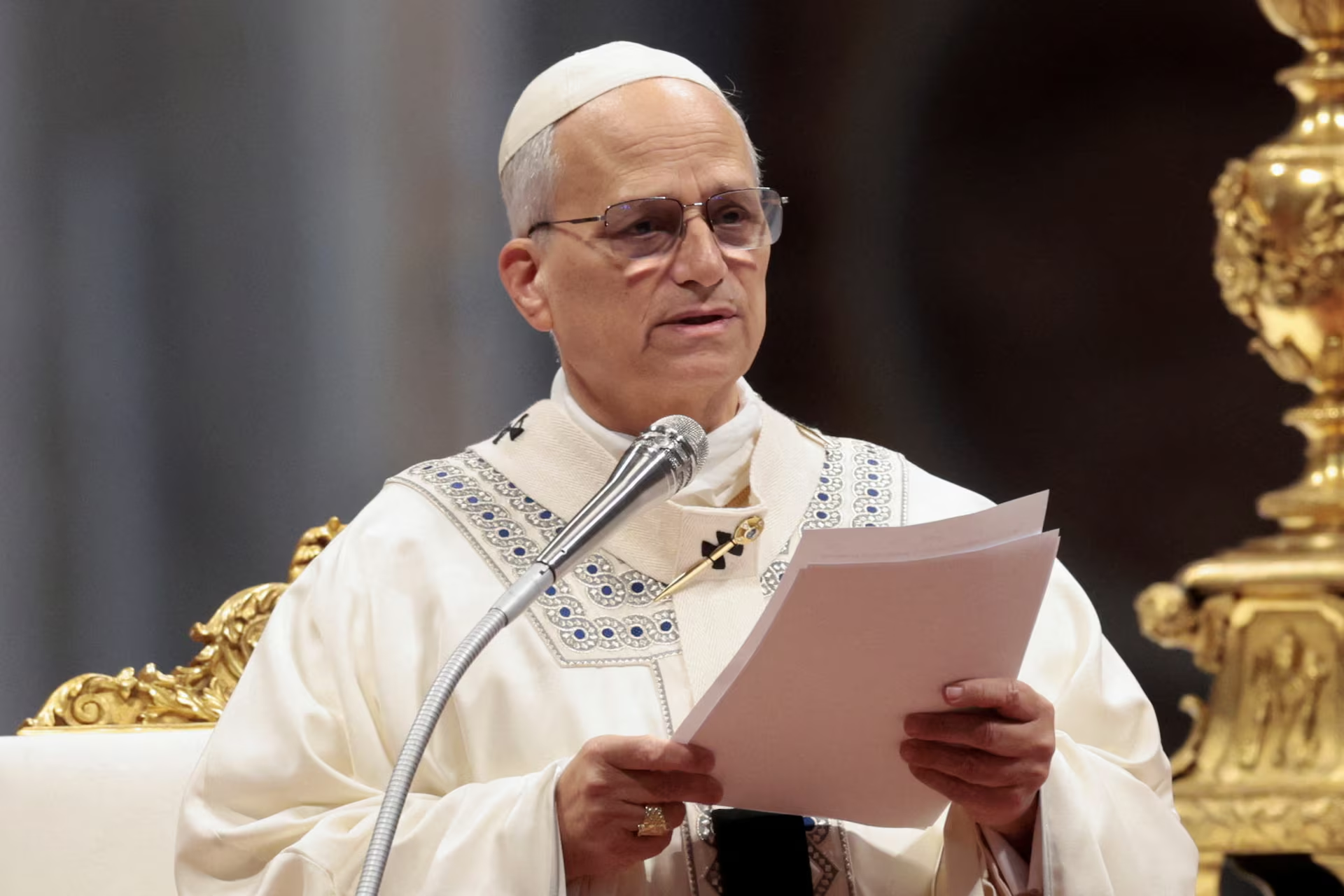Controversy grows as Pentagon’s Pete Hegseth shares Yemen strike plans in private chat

Department of Research and Strategic Studies and International Relations 21-04-2025
Pete Hegseth, the current U.S. Secretary of Defense, is facing heightened scrutiny following revelations that he shared sensitive military plans regarding U.S. airstrikes in Yemen with a private Signal messaging group composed of personal acquaintances, including family members. This information, initially reported by The New York Times and confirmed by The Guardian, raises serious concerns over national security protocols and internal communication practices at the Pentagon.
According to sources familiar with the matter, Hegseth disclosed detailed strike plans, including flight schedules for F/A-18 Hornets targeting Houthi rebel positions, to a Signal group he personally established. This chat reportedly included his wife Jennifer, his brother Phil, and about a dozen others not formally affiliated with the military or national security sectors. Notably, this chat was separate from another Signal group where high-level Trump administration officials, including National Security Adviser Mike Waltz, had been coordinating military operations.
The existence of the official Signal group became public last month when The Atlantic’s Jeffrey Goldberg was inadvertently added, leading to broader revelations about the informal communication style adopted by senior administration figures. However, this new disclosure about Hegseth’s private group appears to amplify concerns about his judgment and management style as the head of the Department of Defense.
The private chat is said to have included two senior advisers, Dan Caldwell and Darin Selnick, who were dismissed recently for allegedly leaking unauthorized information. Their participation in this personal channel further blurs the line between professional duty and personal association.
Hegseth’s wife, a former Fox News producer, has previously attracted criticism for her involvement in sensitive governmental affairs. She was photographed seated directly behind Hegseth during a high-level discussion at the Pentagon with British defense officials regarding the conflict in Ukraine. Similarly, Hegseth’s brother Phil, a podcast producer recently appointed as a Department of Homeland Security liaison to the Pentagon, had access to this private chat despite unclear justification for his inclusion in discussions involving classified military strategy.
Compounding the issue, reports indicate that Hegseth used a personal phone, not an official government-issued device, to manage this group chat, thereby bypassing secure communication channels. CNN and The Associated Press both independently verified that the Signal group consisted of around 13 individuals and was indeed used to share attack details before the Yemen operation was executed.
Following the emergence of this second Signal chat, Politico published an op-ed by John Ullyot, Hegseth’s former press secretary, who sharply criticized the current state of the Pentagon. Ullyot highlighted a pattern of internal chaos, unauthorized disclosures, and leadership missteps, suggesting that such dysfunction has become a serious distraction for the President and undermines the credibility of U.S. defense operations.
As investigations continue and public pressure mounts, questions are growing about whether Hegseth’s handling of secure information meets the standards expected of America’s top defense official. The incident has ignited debate about transparency, accountability, and the proper use of communication technologies in the highest levels of government.





